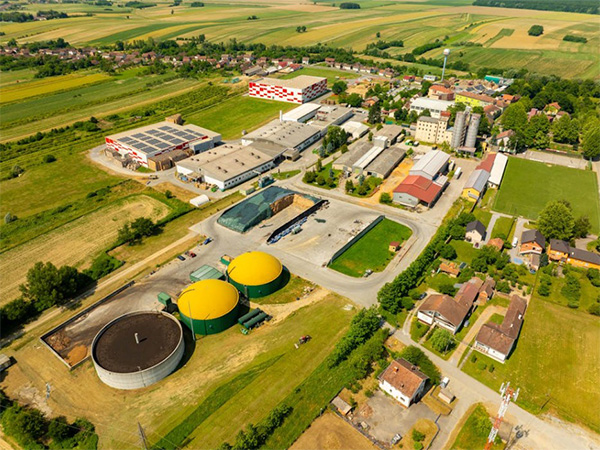India Revamps Biomass Programme to Boost Clean Energy Transition
The Indian government has revised guidelines for the National Bioenergy Programme to promote cleaner energy, simplify procedures, and boost biomass technology adoption. Key updates include digital monitoring, reduced documentation, and flexible contract terms, aiming to ease business operations and support India's clean energy goals.

- Country:
- India
The Indian government has announced significant revisions to its Biomass Programme under Phase-I of the National Bioenergy Programme, spanning from FY 2021-22 to 2025-26. Aimed at promoting clean energy solutions and enhancing business operations, these changes are part of a strategic approach to adopt biomass technologies across the country more efficiently.
Among the notable adjustments, there's a concentrated effort to streamline processes by reducing paperwork and easing approval requirements. These changes are expected to bolster the industry, particularly small and medium enterprises (MSMEs), in increasing their production capacity, aligning with India's ambitious goal to achieve net-zero emissions by 2070.
An innovative aspect includes the introduction of IoT-based monitoring systems, replacing more expensive technologies like SCADA, providing a cost-effective digital monitoring approach. Documentation requirements for developers have been significantly simplified, and operational flexibility improved by allowing project developers to secure general sale agreements, eliminating the need for lengthy contracts, thus enabling better responsiveness to market changes.
(With inputs from agencies.)










